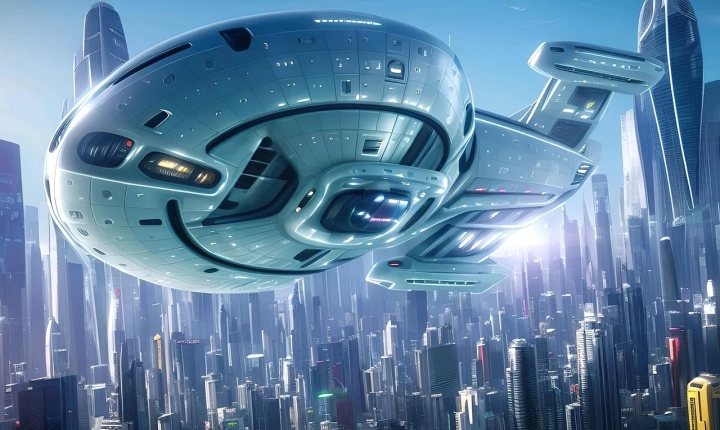Title: How AI Can Save our Humanity
In today’s rapidly evolving world, the integration of artificial intelligence (AI) has become increasingly prevalent, with some even fearing its potential to replace human decision-making and autonomy. However, contrary to these concerns, AI has the potential to actually save our humanity in numerous ways. From advancing healthcare and education to addressing environmental challenges and promoting social equality, AI has the power to enhance human existence and pave the way for a more prosperous future.
One of the most compelling ways AI can preserve humanity is through its impact on healthcare. AI-driven technologies have the ability to revolutionize medical diagnosis, treatment, and drug development. With the help of AI algorithms, diseases can be detected earlier, treatments can be personalized, and medical breakthroughs can be accelerated. AI can also analyze vast amounts of patient data to identify patterns and trends, ultimately leading to more accurate diagnoses and improved patient outcomes. Additionally, AI-powered robots and devices can assist healthcare professionals in performing complex surgeries and repetitive tasks, freeing up time for more personalized patient care. Ultimately, the integration of AI in healthcare can save countless lives and improve the overall quality of human life.
Education is another realm in which AI can have a profound impact on our humanity. By personalizing learning experiences and providing students with tailored educational resources, AI can help bridge the gap in educational disparities and ensure that every individual has access to quality education. AI-powered tutoring systems can adapt to the learning pace and style of each student, offering targeted support and guidance. Furthermore, AI can assist teachers in creating more engaging and interactive learning environments, ultimately nurturing the intellectual growth and potential of future generations. By democratizing education and empowering individuals with knowledge, AI can contribute to the preservation of human intellect and creativity.
Environmental sustainability is another critical area in which AI can play a pivotal role in safeguarding our humanity. As the world grapples with climate change and environmental degradation, AI can provide innovative solutions to global challenges. From optimizing energy consumption and reducing waste to monitoring and predicting environmental changes, AI has the potential to mitigate the impact of human activity on the planet. AI-driven models can analyze environmental data to identify patterns and correlations, leading to more effective conservation efforts and sustainable resource management. By harnessing the power of AI, humanity can work towards preserving the natural world for future generations.
Furthermore, AI has the potential to promote social equality and justice by eliminating bias and discrimination. By developing AI systems that are transparent, ethical, and accountable, we can work towards creating a more inclusive and equitable society. AI can help identify and address systemic biases in decision-making processes, whether in hiring, lending, or criminal justice. By promoting fairness and objectivity, AI can contribute to building a more just and harmonious world for all individuals.
In conclusion, AI has the potential to save our humanity by enhancing healthcare, improving education, promoting environmental sustainability, and advancing social equality. By harnessing the power of AI for the greater good, humanity can embrace a future in which technology complements and empowers human capabilities, ultimately leading to a more prosperous and harmonious world. As we continue to innovate and leverage the potential of AI, it is imperative that we do so in a manner that aligns with our values and aspirations for a better future for all.
